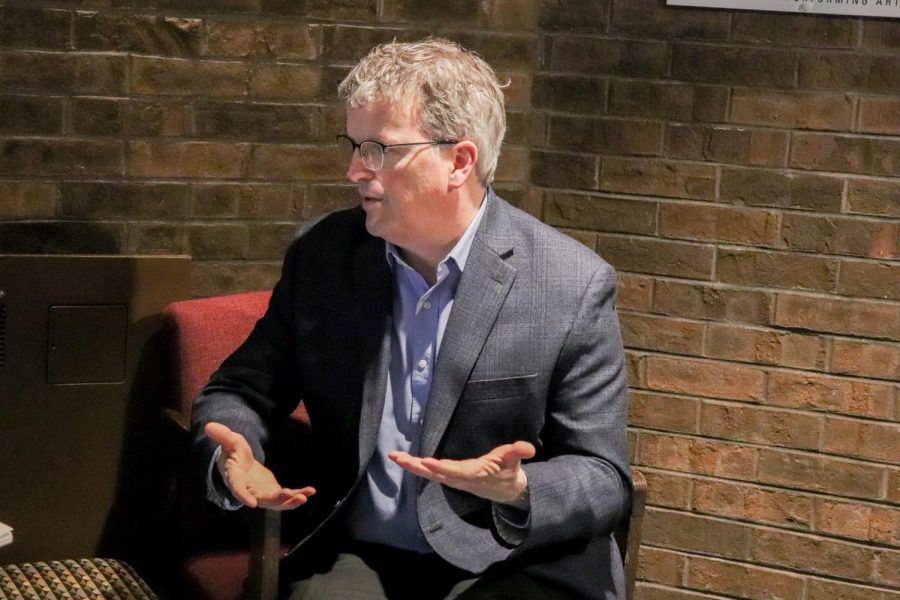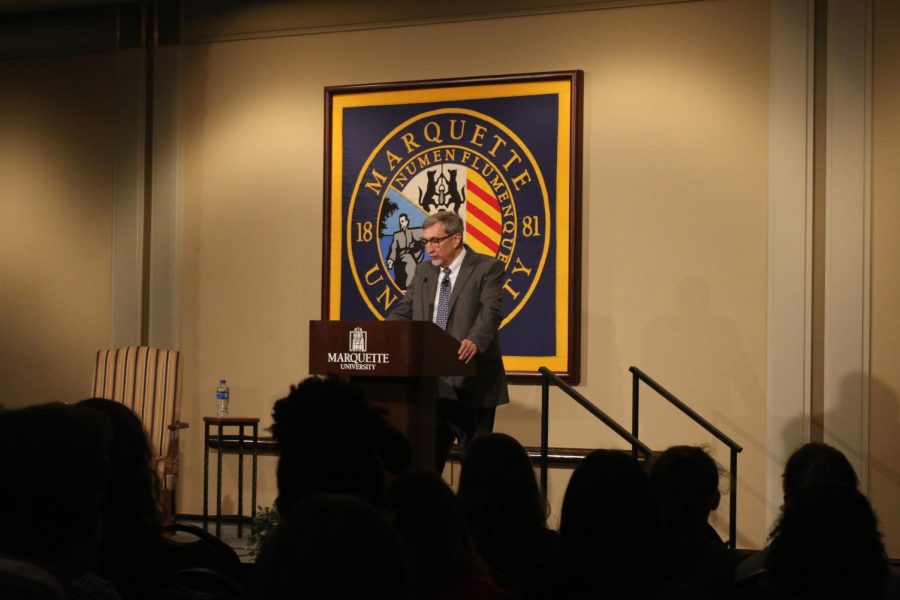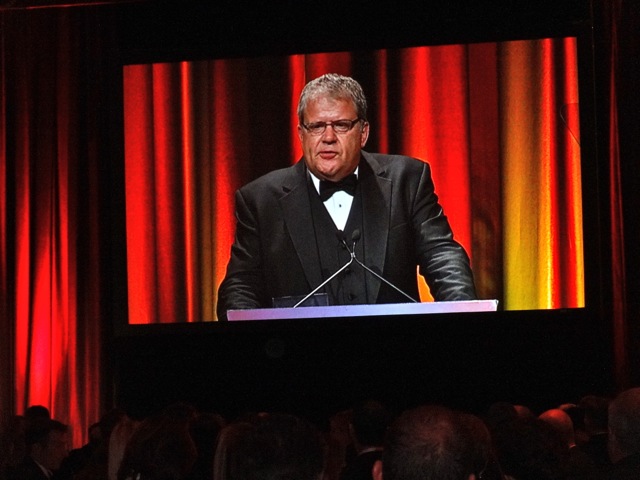2017 is an exciting year for journalism at Marquette. Not only are we celebrating 100 years of student media, but we are about to undergo significant changes including high faculty turnover and building renovations that have the potential to elevate the department to new levels of success.
These major changes signal a pivotal moment for journalism at Marquette. Administrators must capitalize on this momentum and boost the department to be a national leader in defining what it means to be a journalist in the 21st century.
To do this, a reorganization of the curriculum should be the foremost task.
In the current curriculum, the first-, second- and third-level journalism courses feel disconnected from each other. Little balance exists between writing, video, photography and audio lessons, and it’s unclear which skills need to be taught and mastered at each level. While one Journalism 2 class spends time at the courthouse learning about open records, the other focuses the semester on producing audio content.
Being a journalist requires a very practical skill set, and the curriculum should reflect that. Writing leads, interviewing and shooting and editing a video should be taught uniformly in the entry-level courses. This way, by the time students reach upper-division classes in which they can specialize in subjects like business, arts or long-form journalism, they’ll have the knowledge to create stories and projects they could add to a digital portfolio.
As it stands, the curriculum alone, without internship or student media experience, does not adequately prepare graduates for the competitive journalism field.
You wouldn’t let a nursing student become a nurse without ever having practiced on a patient before; education majors are not certified to teach until they have student teaching experience. Journalism, like these careers, is a trade that requires mastery of certain skills.
As students, we are keenly aware of the modern difficulties that complicate journalism education today. The industry is changing faster than universities and professors can keep up with, and instructors who practiced journalism as it was 10, 15, 20 or even more years ago are forced to teach journalism as it is now.
The wave of outgoing professors the department will experience this year offers the college the opportunity to hire instructors fresh out of the industry who can teach both the fundamental – lead writing, interviewing and copy editing – and technological – social media, videography and data visualization – skills of the trade. Ana Garner, journalism and media studies chair, said there are talks of taking this opportunity to add classes focusing on data and investigative journalism.
It is up to college administrators to take advantage of this year of growth. Surely the department, with its century-old tradition of educating some of the nation’s best journalists, has the potential to be a leader in a new age of journalism.
If we want our graduates to leave Marquette with both journalistic passion and preparedness, Marquette must step up to the challenge the modern industry presents.













Victor Rocha • Mar 11, 2017 at 8:06 am
I applaud this viewpoint. As a proud alum of the College of Speech, I enjoyed nearly 20 years in broadcast news. And it all began at Marquette. The education I received enabled me I immediately step into a news room and flourish. But it begins with the basics. I had the pleasure to attend the recent student media reunion. The students passion was evident, however, I meet only one student who wanted to be a broadcaster in TV news. Most other students were considering careers in digital media or in entertainment. I wish them well. Fortunately, the teachers and instructors that I meet did tell me that changes are in the works to return to some basics. I am willing to help as needed too. My mentor at MU was a broadcast news veteran. His lessons and teachings remain with me these many years later. Victor Rocha, Speech 83